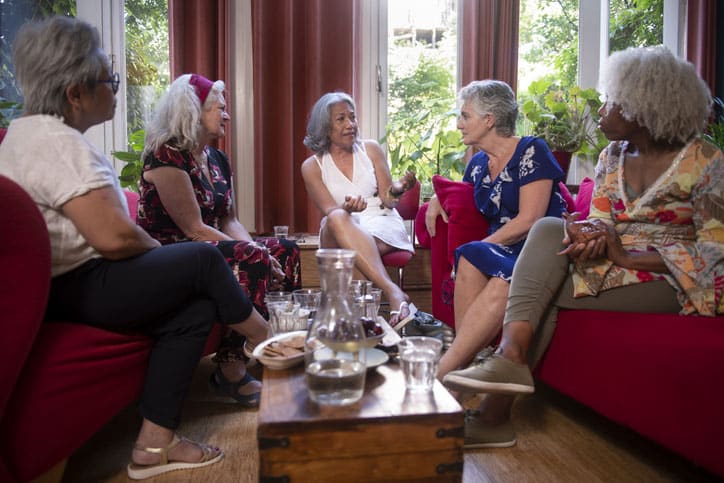 Lucy Lambriex/Getty Images
Lucy Lambriex/Getty Images The more subtle forms of antisemitism I grew up with—exclusionary practices, inappropriate jokes and the like—seem almost quaint today. From online harassment to defacing sacred places to outright violence, there is no hiding the fact that Jews today are being targeted for one reason: their Jewishness. It isn’t easy to forget the images of Charlottesville’s burning torches and the chant “Jews will not replace us.”
How best to respond? I believe we need to tell our stories of dealing with hatred and to listen to those of others.
The impact of personal stories hit home for me in the wake of the murder of George Floyd. Like many of us, I educated myself the best I could about systemic anti-Black forces that have long existed in this country. But what stays with me are the accounts I heard directly from peers. At one meeting of college presidents, someone complained about the vilification of the police. A lot of heads nodded until one president, a Black man, told the story of police officers coming up to the official presidential residence as a dinner party let out. Someone apparently had reported a disturbance and the town police responded. They approached my friend and knocked him to the ground in front of his guests. His expression of the fear and humiliation in that moment has stayed with me. And when he asked us to raise our hands if we have ever felt targeted by the police, the only hands that went up belonged to the half dozen or so other Black presidents in the room. The rest of us went silent as we heard about being pulled over for “driving while Black” and the pain of having to give “the talk” to their children.
Jews also need to tell our own stories. When COVID was raging during the fall of 2020, the presidents and chancellors of the Big Ten Conference voted to delay the start of the football season. Many of us received nasty notes, but as the chair of the Big Ten board, I received the most. And being a Jew made me even more of a target. The threats I received were a little scary, leading campus security to guard my house. But the note I most remember asked why “a dirty Jew” had the authority to interfere with his passion of cheering on one of the conference superpowers. When I reported this to my colleagues, they were shocked. Alas, I was not. Like most Jews, I have been called worse.
Jews also need to tell our own stories.
One of the most gratifying lessons I have learned is that, just as Jews are among the first to respond when witnessing the pain of others, when non-Jews are made aware of anti-Jewish attacks, many of them step forward to help. That is at the heart of the “Stand Up to Jewish Hate” campaign funded by New England Patriot owner Robert Kraft. The numbers they present are shocking: Jews constitute around two percent of the U.S. population and are subjected to more than half of all religious hate crimes. But I don’t think that is the message viewers will recall. The online and television ads personalize anti-Jewish experiences. One shows a Bar Mitzvah boy reading text messages that mock him and his faith. The expression on his face is heartbreaking. But then an all-Black choir learns about this and responds by sending him a video in which they sing a Hebrew song to support him.
Responses such as these are not limited to made-for-tv moments. There are countless examples in real life of non-Jewish friends and neighbors standing up for Jews. I am still moved to tears when I recall how 10,000 residents of Billings, Montana, responding to a brick thrown through the window of a Jewish family’s home that had displayed a Hanukkah menorah, placed paper menorahs distributed by their local newspaper in their own windows.
Jews should never be silent in the face of hatred, whether it is directed to us or to any vulnerable group. By telling our most personal stories to potential allies, we might just elicit their support. And we must remain open to the uncomfortable learning that comes from listening to the painful stories of others.
Morton Schapiro is the former president of Williams College and Northwestern University. His most recent book (with Gary Saul Morson) is “Minds Wide Shut: How the New Fundamentalisms Divide Us.”








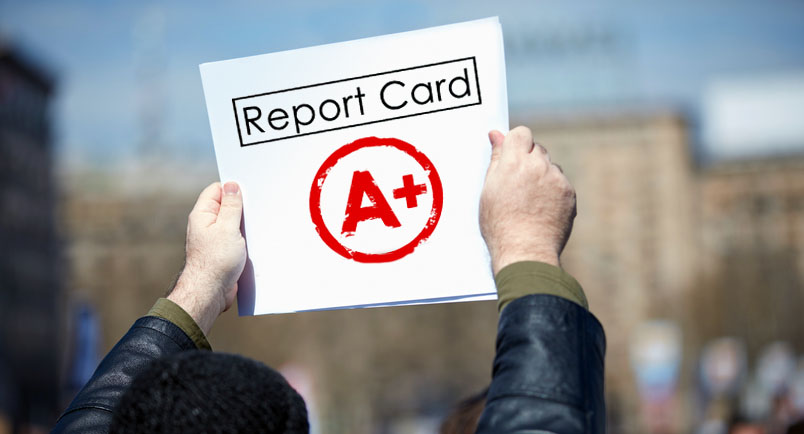


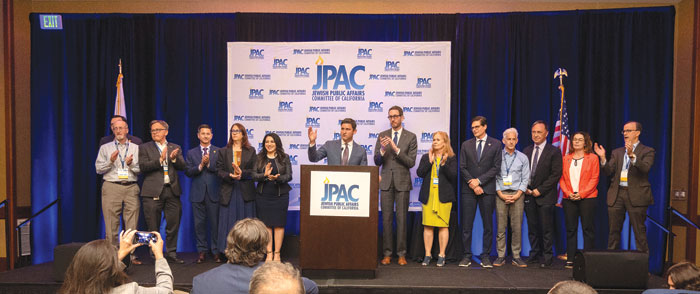

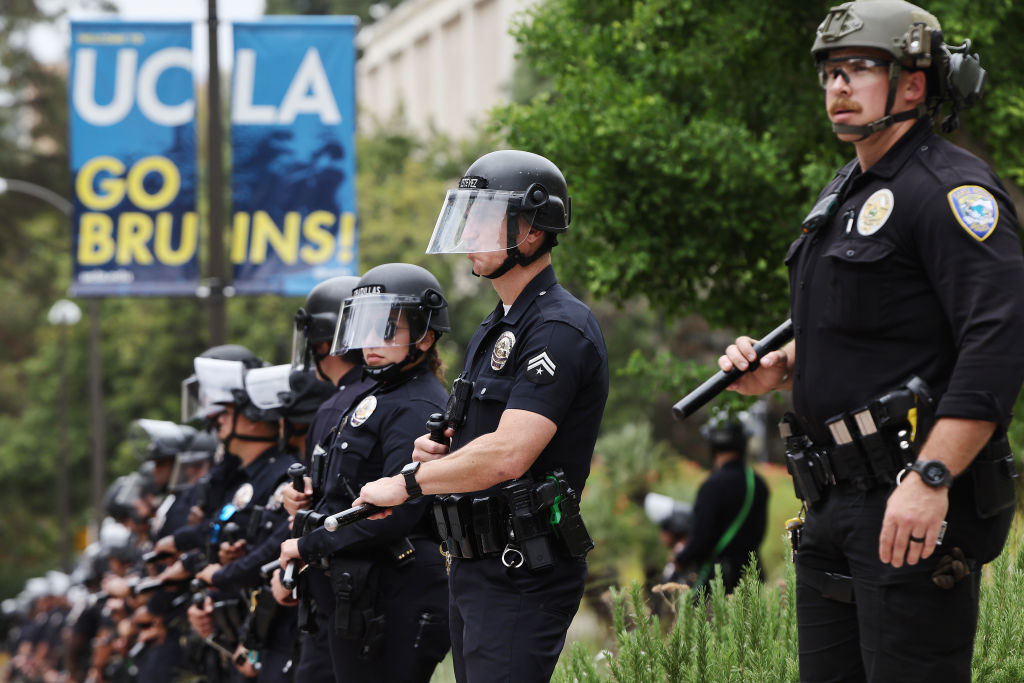


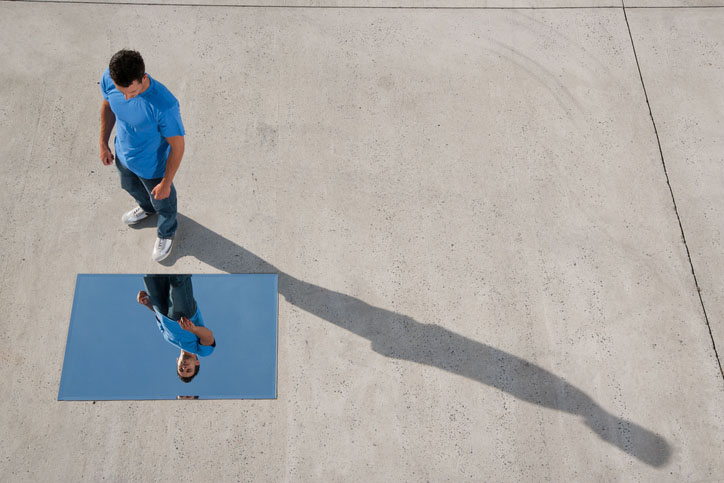





 More news and opinions than at a Shabbat dinner, right in your inbox.
More news and opinions than at a Shabbat dinner, right in your inbox.